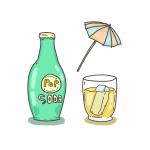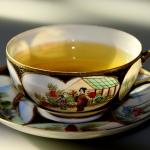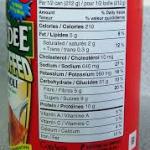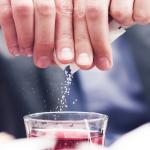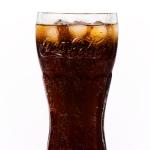Sugar-sweetened beverages (SSBs) are quickly digested, triggering insulin release and other regulatory pathways leading to visceral fat accumulation, insulin resistance in the liver and skeletal muscles, and weight gain.
SSB
The study by the RAND corporation looked at soda consumption and health records from 2011 to 2016 in Mexico, probably the first place where a tax on sugar-sweetened beverages (SSB) was instituted.
I wrote the other day about genetic variations in the metabolism of alcohol in the Asian populations that result in flushing and discomfort very shortly after drinking.
Obviously, we need food labels. We need to know what the product is in that multicolored can or box, and having the information on the nutritional content of the product can be helpful when used appropriately.
Our consumption of sugar-sweetened beverages has been linked to virtually every illness known to man (only a slight exaggeration) — including obesity and type 2 diabetes — to name just a couple.

